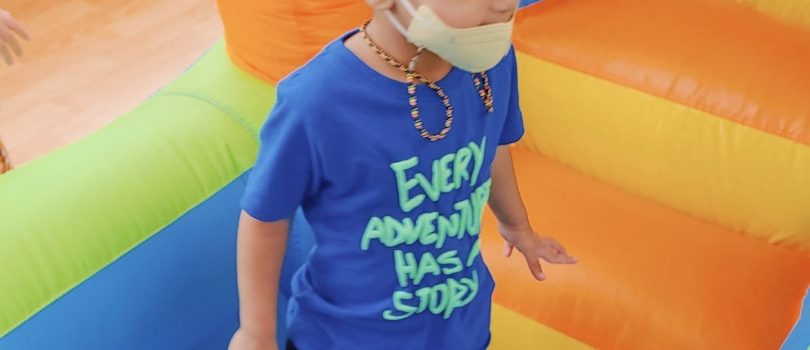physical education
Physical education (PE) programs are an essential but occasionally overlooked part of the school experience. Even though many people merely view physical education as a means to take a break from academic work, it is crucial for a child’s development. It offers a child more than simply the opportunity to participate in athletics; it serves as a foundation for holistic development that impacts numerous aspects of their life.
Physical education (PE) has many benefits for both physical and mental health that go beyond the gym. Youngsters who engage in structured physical activities may learn essential skills that aid in their overall development. This piece examines the advantages and enrichment that physical education provides for kids’ bodies and minds, emphasizing the vital role that physical education plays in fostering a well-rounded education.
- The Value of Engaging in Exercise:
Children must engage in regular physical activity. It improves overall health and promotes the development of motor skills. Youngsters who participate in physical education programs are less likely to become obese or gain weight. Strengthening of the bones and muscles is a result of exercise, which is vital for growing bodies. It also contributes to heart and lung health. - Improving Mental Well-Being:
Engaging in physical activity has mental benefits in addition to physical ones. Endorphins are brain chemicals that are released during exercise and can naturally reduce pain and improve mood. Children’s anxiety and depressive symptoms can be lessened by regular PE classes. It enhances general mental health and gives stress a release. - Developing Social Skills:
PE lessons are frequently taught in groups. Children’s social skills are developed in this setting. For example, team sports foster cooperation, communication, and teamwork. Children gain experience cooperating to accomplish a shared objective. These exchanges can help them become more adept at forming close bonds with others and becoming friends. - Increasing Focus and Academic Achievement:
Regular physical activity has been shown to improve cognitive performance. Children who engage in physical activity in the classroom typically exhibit higher levels of concentration and focus. Enhanced focus skills may lead to better academic achievement. Physical activity stimulates brain function, which is beneficial for learning and memory. - Encouraging Well-Being Lifestyle Decisions:
Physical education classes often cover topics relating to health. Children are taught the importance of exercise, a healthy diet, and a balanced lifestyle. They have a higher chance of making healthy decisions as they get older if they grasp these ideas at an early age. Having this understanding can aid in creating enduring habits. - Building Self-Esteem and Confidence:
A child’s self-esteem may increase when they excel at physical activities. When kids learn new skills or develop new talents, their self-esteem grows. In physical education classes, kids can push themselves and achieve their personal best. This self-assurance has applications in many areas of your life. - Promoting Fitness Habits for Life:
Introducing kids to a range of physical activities can help them develop a passion for working out. Children are more inclined to stick with things they enjoy after school. Children learn about various sports and activities in physical education programs, which helps them identify their interests. Their exposure to this inspires them to live active lives. - Taking Care of Behavioral Problems:
Exercise can also help with the treatment of behavioral issues. Exercise can be a helpful method for kids with attention issues to let off steam in addition to helping them focus and behave better. Frequent physical education courses offer a regulated setting where children can develop constructive coping mechanisms. - Building Leadership and Collaboration:
In addition to helping individuals, physical education classes usually include group activities. Children learn how to work together through these games. They also present opportunities for leadership development. Children acquire leadership, motivation, and peer support abilities. These are helpful in settings other than classrooms.
Conclusion:
Physical education classes involve much more than just letting kids run around and play. It makes a major difference in enhancing both physical and emotional wellness. Children who engage in regular physical activity increase their cognitive ability, social skills, and physical fitness. Moreover, kids get confidence, acquire lifelong exercise habits, and learn how to live healthy lives through PE. In conclusion, physical education programs are an essential component of a well-rounded education and are crucial to a child’s entire development.
I hope you like this if you want to know more about this topic; link 1
Another one is also good; link 2
